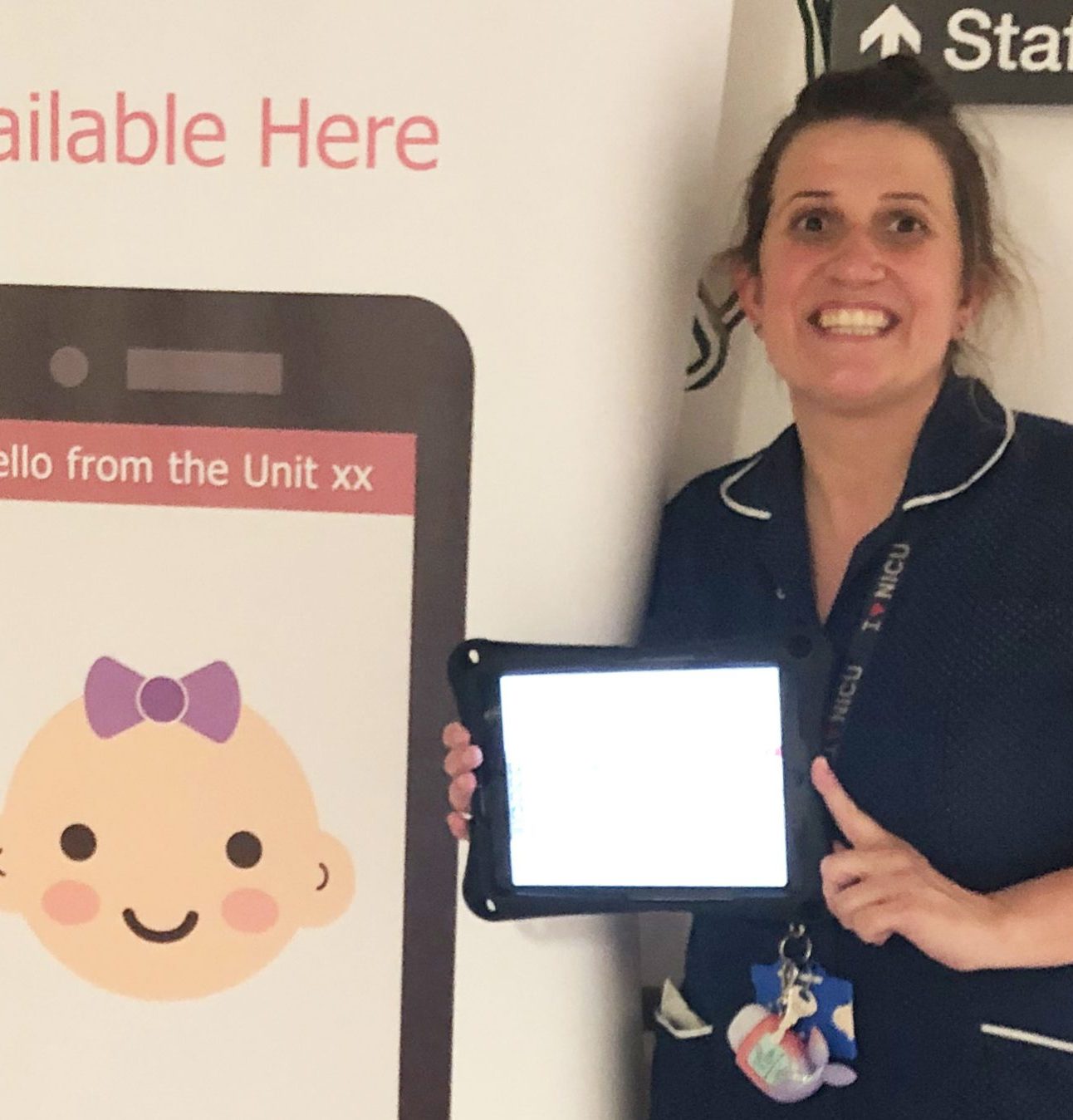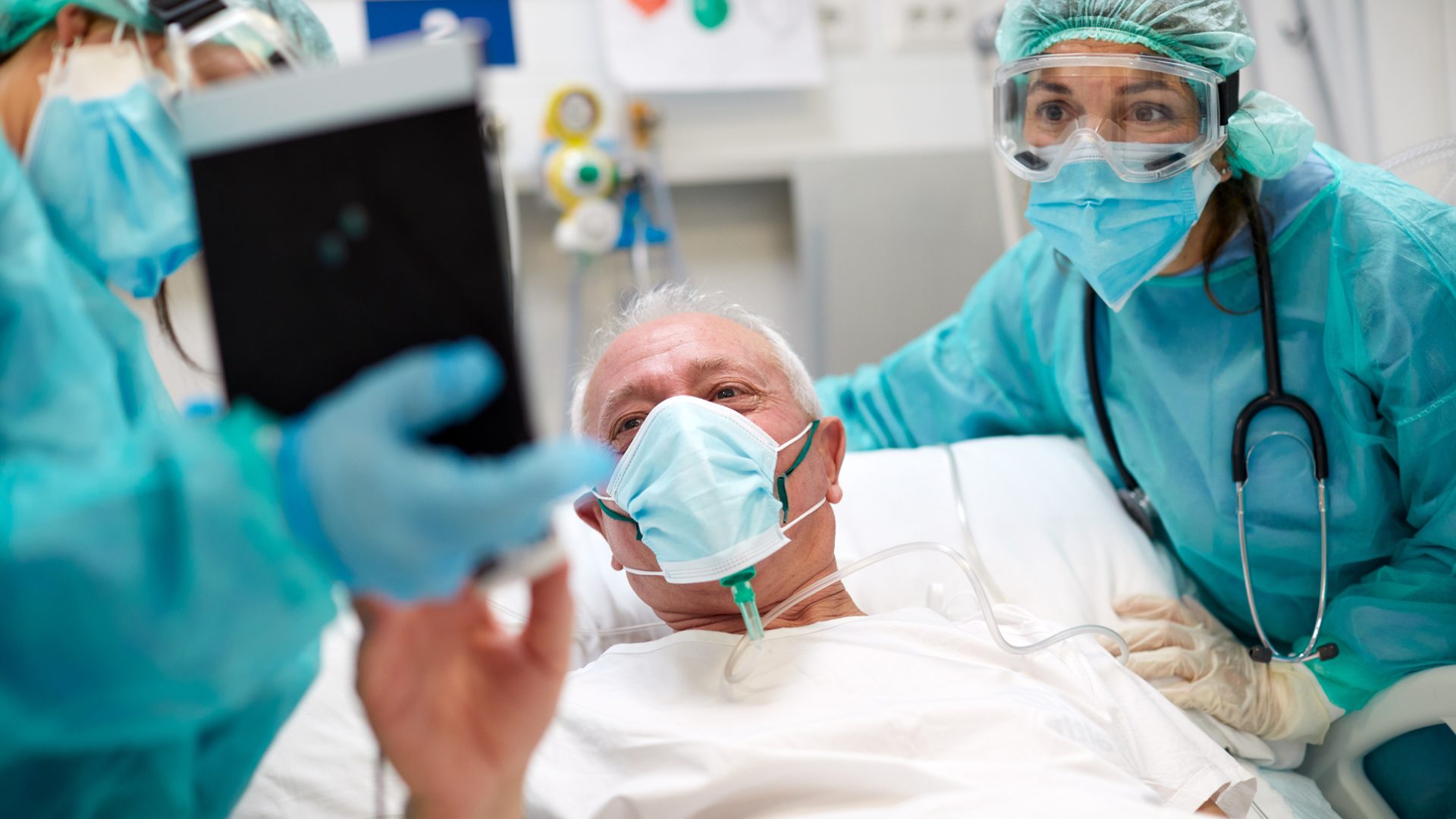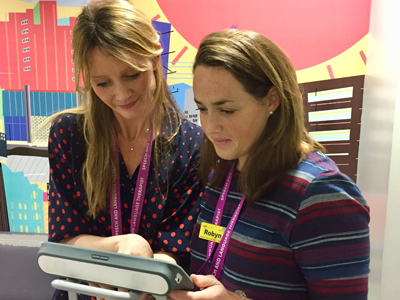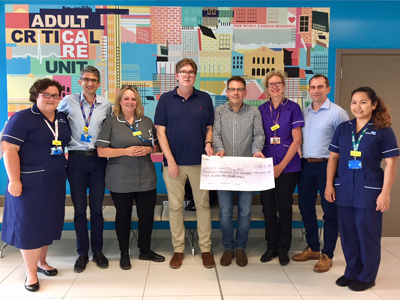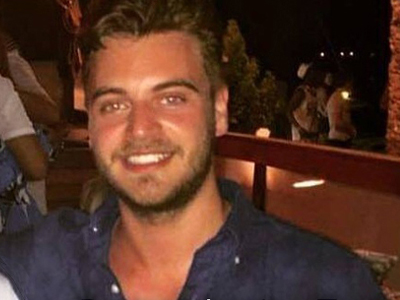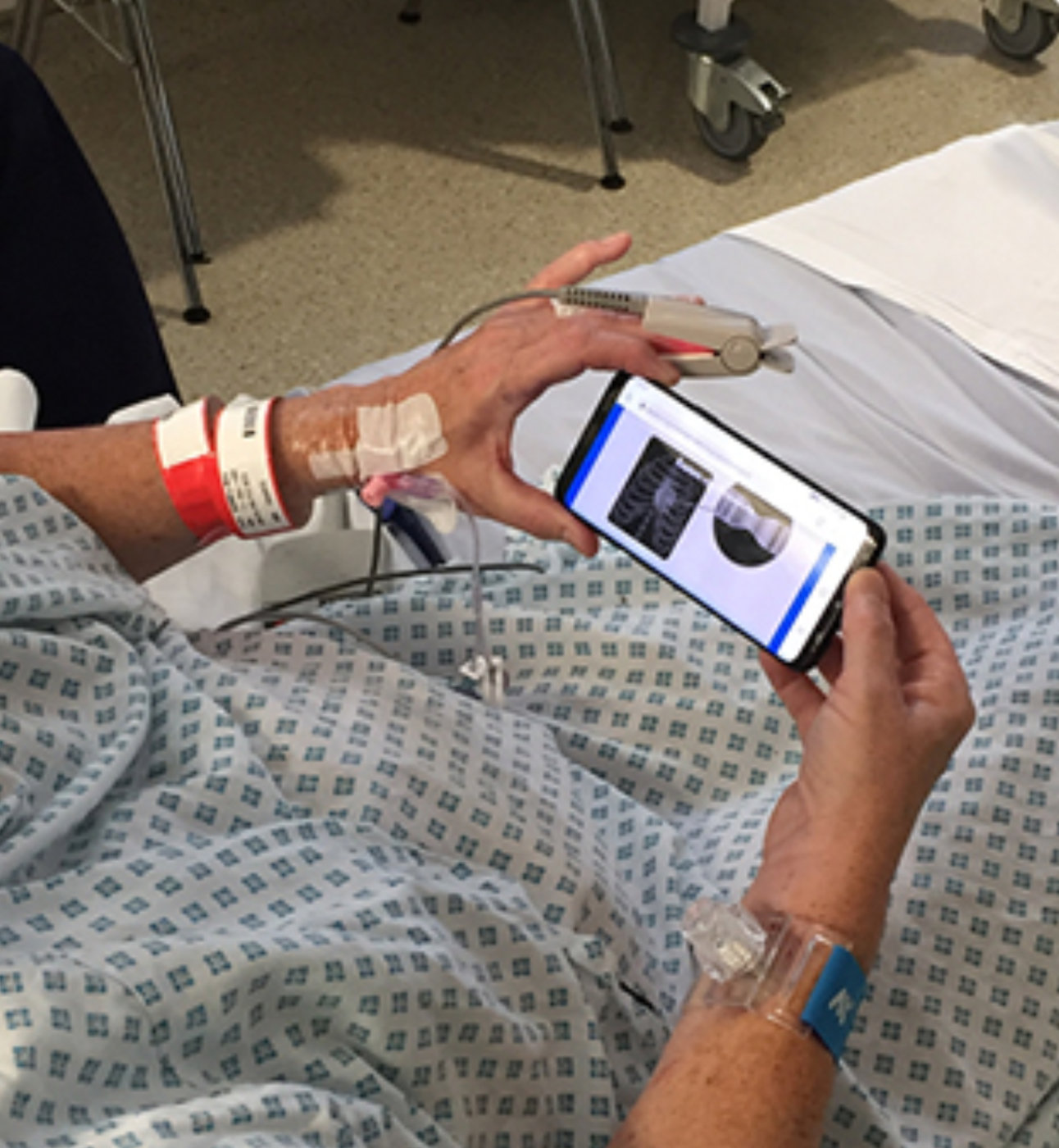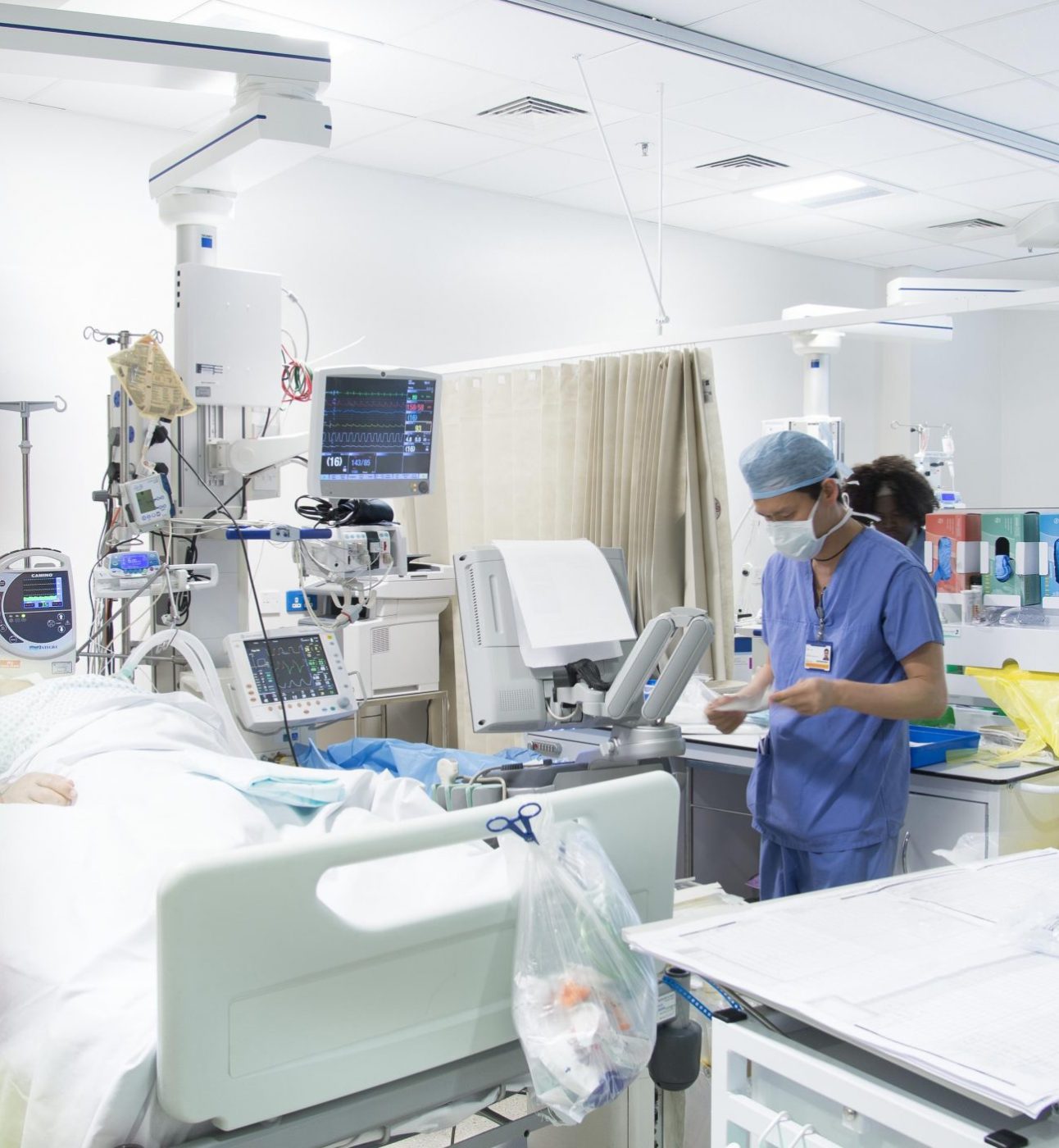Feeling isolated at the most critical time
The Adult Critical Care Unit (ACCU) treats some of the most seriously ill patients at The Royal London Hospital.
Thanks to generous fundraising, the staff at the ACCU have purchased new equipment to support communication for patients too ill to speak.
“Many of our patients in the intensive care unit have communication difficulties as a result of their injuries, or the treatment they are receiving such as tracheostomy and ventilation,” says Dr Parjam Zolfaghari, consultant in Anaesthesia and Intensive Care Medicine.
This means they can feel isolated from friends and family in this stressful time, and it makes it difficult for them to communicate their needs to the doctors and nurses treating them. To help with this, two pieces of equipment have been purchased that let patients communicate using their eyes.
Using eye movements to communicate
The first is a simple solution involving a sheet of transparent plastic called an ‘E-Tran communication frame’, onto which symbols or words can be attached. The second is a more advanced version of this idea, using digital eye-tracking software that can be run on an iPad. The iPad is attached to the patient’s bed so that it can monitor eye movements, giving the patient greater freedom and independence of communication.
“Once patients learn to use their gaze, they can start to communicate with family, friends and staff, where this was not possible before. They can enjoy interacting with their environment once again. Staff will also be able to provide better care knowing what the needs of the patients are,” says Dr Zolfaghari.
Allowing simulation training anywhere
The funds raised also went towards an ALSi medical simulation kit. This is a device used to train staff for a variety of clinical scenarios, often emergencies.
Dr Zolfaghari says, “Simulation teaching usually takes place in dedicated simulation rooms and centres, which are often overbooked and difficult to access. With this portable device, we are able to train all our staff (more than 200 nursing staff!) in the ACCU. It allows for the scenarios to be made realistic and in the staff’s own familiar clinical environment.”
The clinical scenarios simulated by the device are often life-threatening in the real world. With this education and training, staff learn to manage them even more rapidly and effectively, improving safety for patients.
Remembering Tom
Tom Hume was treated in the ACCU. To honour his memory, his dad Gary walked the Minster Way – 52 miles in two days, from York Minster to Beverley Minster – raising over £17,000.
Tom’s uncle Craig ran a 10k in Leeds where Tom’s family lives and was supported all the way with donations.
Also, funds were raised by New Chapter Consulting, where Tom worked. The New Chapter team fundraised in both London and Leeds including running the Hackney Half marathon and holding a 24 hour Bike-a-thon in Leeds.
Thank you to Tom’s father Gary, all of Tom’s family and friends, and everyone at New Chapter, who contributed to this fundraising. The equipment that you’ve provided will hugely help staff on the unit to provide even better, and safer, care.
Donate to help fund more like this
Donate
